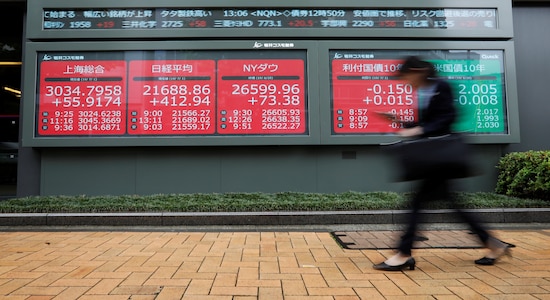
 1 / 10
1 / 101. Asia: Stocks in Asia Pacific dropped in Friday morning trade after an overnight plunge on Wall Street amid fears of a second wave resurgence of the coronavirus pandemic. South Korea’s Kospi led losses among the region’s major markets, plummeting 3.4 percent in morning trade. The Kosdaq index also dropped more than 3 percent. In Japan, the Nikkei 225 slipped 2.5 percent while the Topix index fell 2.46 percent. Meanwhile, Australia’s S&P/ASX 200 declined 3.32 percent. Overall, the MSCI Asia ex-Japan index traded 1.42 percent lower. (Image: Reuters)
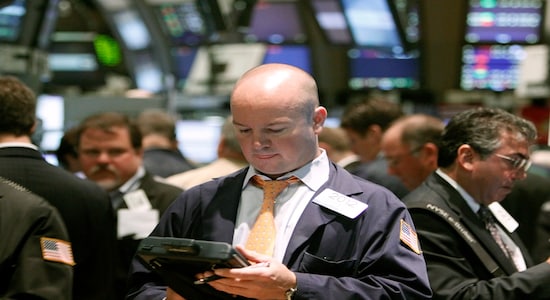
 2 / 10
2 / 102. US: Stocks suffered their biggest one-day pull-back in three months on Thursday as traders grew concerned about the number of coronavirus cases increasing in some states that are reopening up from lockdowns. Shares that have surged recently on hopes for a smooth reopening of the economy led the declines. The Dow Jones Industrial Average plunged 1,861.82 points, or 6.9 percent, to close at 25,128.17. The S&P 500 slid 5.9 percent to 3,002.10 while the Nasdaq Composite dropped 5.3 percent. to end the day at 9,492.73. The major averages posted their worst day since March 16, when they all dropped more than 11 percent. (Image: Reuters)
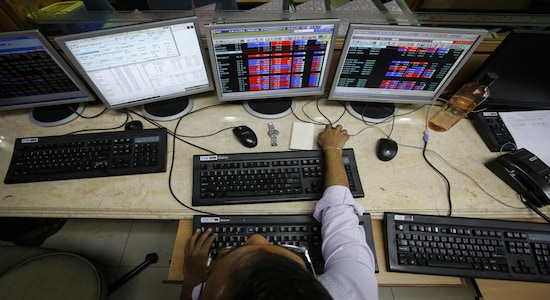
 3 / 10
3 / 103. Market At Close On Thursday: The Indian equity benchmark indices slipped in the deep red zone on Thursday after the market ended 2 percent lower. At close, the Sensex ended 708.68 points lower at 33,538.87 while the Nifty50 index ended at 9,902, down 214.15 points. (Image: Reuters)
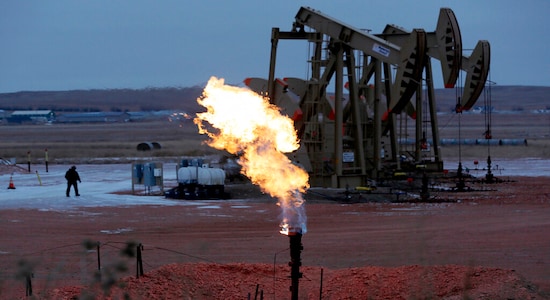
 4 / 10
4 / 104. Crude Oil: Oil prices slid early on Friday, extending heavy overnight losses on a surge in U.S. coronavirus cases this week that has raised the prospect of a second wave of the outbreak slamming demand in the world’s biggest consumer of crude and fuel. West Texas Intermediate was down $1.32, or nearly 4 percent, at $35.02 a barrel by 0011 GMT, after slumping more than 8 percent on Thursday. Brent crude was down $1.15, or 3 percent, at $37.40 a barrel, having dropped nearly 8 percent the previous session. (image: AP)
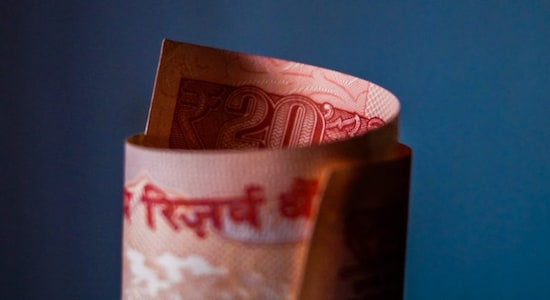
 5 / 10
5 / 105. Rupee Close: The Indian currency depreciated to close at 75.79 against the US dollar on Thursday as strengthening US dollar and weak domestic equities weighed on investor sentiment. Forex traders said risk appetite remained weak as the US Federal Reserve projected weak growth for 2020. Moreover, foreign fund outflows also dented market mood. The rupee opened weak at 75.81 at the interbank forex market and recovered some lost ground to close at 75.79 against US dollar, down 20 paise over its last close. It had settled at 75.59 against the US dollar on Wednesday. (Image: Reuters)
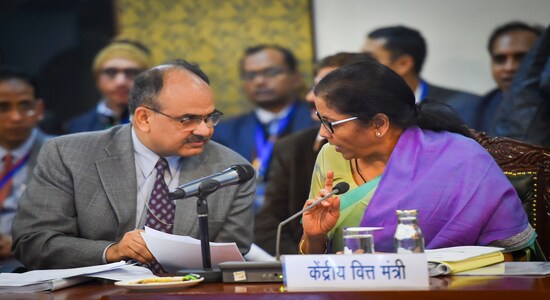
 6 / 10
6 / 107. GST Council To Consider Need For More Funds To Pay Off Compensation Dues: The Goods and Services Tax collections Council will hold its 40th meeting via video conferencing to discuss the impact of COVID-19 pandemic. The two key priorities of the council will be to deliberate on further easing of the compliance burden and current revenue position of states and Centre amid COVID-19 outbreak. People in the know told CNBC-TV18, "The GST Council will discuss the issue of lack of funds in the compensation cess kitty to meet the requirements to pay off states. The Centre is likely to raise the issue of the need for higher funds to meet compensation dues requirements in future." (Image: PTI)

 7 / 10
7 / 107. RBI Proposes To Cap CEO's Term To 10 Years For Promoters: The Reserve Bank of India (RBI) is mulling capping bank chief executive officers' (CEOs) term to ten years if they are promoters or major shareholders of bank, as per a draft discussion paper on governance in commercial banks. Further, the regulator is also considering a cap of 15 years for tenures of bank CEOs who are non promoters, as per the draft paper released on Thursday. All private, public, small finance banks, payments banks and regional rural banks among others would have to comply with these new guidelines within two years of of RBI releasing he final guidelines on governance for banks, or up to the expiry of the current tenure, whichever is later, and identify and appoint a successor. (Image: Reuters)
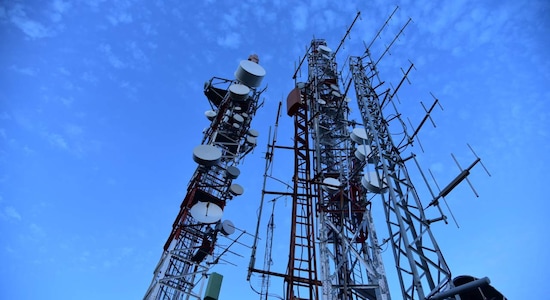
 8 / 10
8 / 108. SC On Telecom AGR Case: The Supreme Court Thursday termed as “totally impermissible” the demand by Department of Telecom (DoT) for dues of Rs 4 lakh crore in Adjusted Gross Revenue (AGR) from the public sector undertakings (PSUs) and said DoT must consider withdrawing it. A bench of Justices Arun Mishra, S Abdul Nazeer and M R Shah raised questions on the demand raised by the government from the PSUs and said that its verdict in the case was misinterpreted as the issue of their dues based on AGR was not dealt with by the apex court. The bench also asked private telecom operators to file affidavits giving details as to how they will pay the AGR dues. The next hearing on the case shall take place on June 18. (Image: Reuters)

 9 / 10
9 / 109. CEA Krishnamurthy Subramanian On Supply And Demand: Speaking to CNBC-TV18, chief economic advisor Krishnamurthy Subramanian said, “This is a culmination of a series of discussions that we are having with the rating agencies where we had particularly highlighted the fact that India’s debt would remain sustainable despite lower growth this year because India remains an outperformer on its growth rate compared to all its peers. If India’s growth is even 4 percent plus, debt will be sustainable.” (File Photo: IANS)

 10 / 10
10 / 1010. India Lifts Export Ban On Hydroxychloroquine: India has lifted an export ban on hydroxychloroquine, the anti-malarial drug touted by US President Donald Trump as a potential "game changer" in the fight against the COVID-19 pandemic, a minister said late on Wednesday. "Department of Pharmaceuticals has approved the lifting of ban on Export of Hydroxychloroquine API as well as formulations," India's minister for chemicals and fertilizers, Sadananda Gowda, said on Twitter. Manufacturers, except export-oriented units and those in special economic zones, would still have to supply 20 percent of their production to the domestic market, Gowda said. (Image: Reuters)

